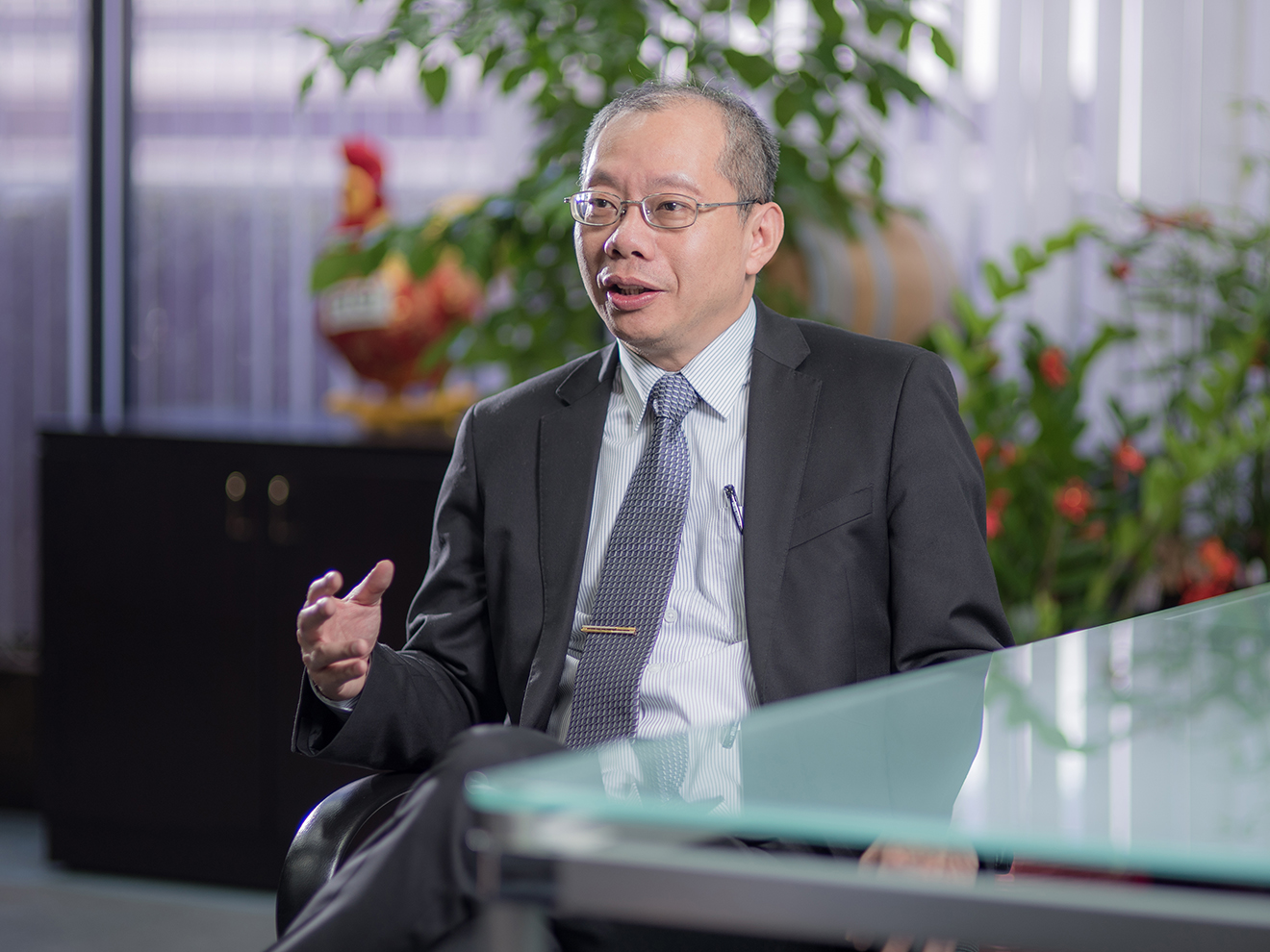Editor’s Words
編輯者的話
Recycle and Reuse: A Mile forward in Circular Economy
I skimmed through a financial magazine while I was traveling to a meeting. An article entitled "The Netherlands Are Turning Wastewater into Resources" caught my attention. As climate change spreads across the globe in full swing, the world is now seeking solutions to mitigate the issues. With many parts of the country under the sea level, the Netherlands found a way to extract fibers, phosphorus and other substances and turned them into products, such as benches and phosphate fertilizer, turning the problem of wastewater into a solution that leads to sustainable environment. Taiwan is very similar to the Netherlands. We both have shortage of water resources and the tolerable load on the environment is rather limited. The industries developed in the past were mostly manufacturing-based, which were characterized by resource depleting production modes. They mined the raw materials and manufactured products, and the products went into the hands of consumers and then abandoned. This linear economy model brought to Taiwan enviable wealth, but to the environment serious pollution. Now, we are seeking the solution to sustainable environment and circular economy will be the solution to exhaustion of resources. Take the electronic semiconductor industry for an example. The manufacturing activities in this industry are now linked to environmental protection, cement and chemical engineering industry. The waste solvents, calcium fluoride sludge, and other forms of wastes, generated during production process, now can be recycled and reuse as raw materials for other industries or products. This the basics of circular economy. The practice that is closest to people’s everyday living would be reuse of PET bottles. Taiwanese manufacturers have long been recycling the plastic materials in PET bottles and manufactured them into environmentally friendly garments. Now, they take 50% of the global market for sports and functional wear, making a strong presence in this wave of circular economy. Taiwan’s world-leading waste recycle technologies brought a recycle rate that left several developed nations far behind, as the Wall Street Journal calls it “The World's Geniuses of Garbage Disposal”. ECOVE has gained a firm foothold in Energy-from-Waste (EfW) and recycling and extended the business into solar power, PET bottle recycle and wastewater treatment. We have anchored ourselves in an advantageous position in the development of circular economy. However, the global issue of water shortage left Taiwan with an imminent risk of sustainable development, and how to conserve and reuse water resources has become a hot-button issue on our agenda today. In mid-January, 2018, we officially became contracted for the operations of the Linkou Water Resource Center. We will give an in-depth review on the operations and technologies in this issue of the ECOVE E-Newsletter. I often tell people in open events that ECOVE’s business is not only a “business” but also a “vocation”. Taiwan’s cyclical use rate (CUR) is only 15.53%. We still have a long way to go in the journey to full resource recycle and reuse. We are not in the circular economy for fame. We truly understand the meaning and the significance of circular economy to the society. Therefore, we are willing to spend the time and put in the effort to create a win-win result for the economy and the environment, striving to achieve sustainability for our business and the planet we live on. Moving forward to the goal of zero waste, ECOVE welcomes everyone to join us in circular economy.

